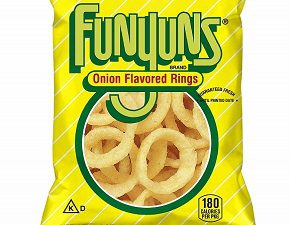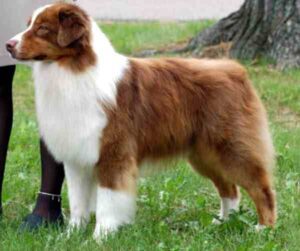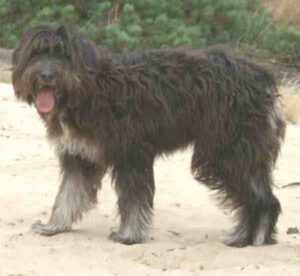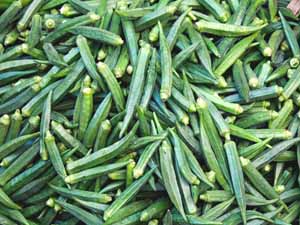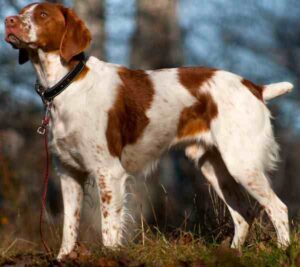Can dogs eat celery? Is celery good for dogs? These are some of the question regarding feeding your dog celery. Here in this article we are trying to describe more about whether can dogs eat celery or not.
Yes, dogs can eat celery! In fact, celery can be a healthy and low-calorie snack for dogs. Celery is high in fiber, vitamins, and minerals, and it can help promote good digestion and overall health.
However, as with any human food, it’s important to feed celery to your dog in moderation and as part of a balanced diet. Be sure to cut the celery into small pieces or even puree it, as some dogs may have difficulty chewing or digesting large pieces of celery. And as always, if you have any concerns about feeding your dog a new food, it’s a good idea to consult with your veterinarian.

Can Dogs Eat Celery?
Celery is a crunchy, low-calorie vegetable that’s often touted as a health food for humans. But can dogs eat celery too? In short, yes, dogs can safely eat celery in moderation.
In fact, celery can be a healthy addition to your dog’s diet, providing fiber, vitamins, and minerals. However, there are some potential risks and drawbacks to consider when feeding your dog celery.
Also read: Can dogs eat almonds?

